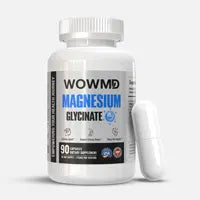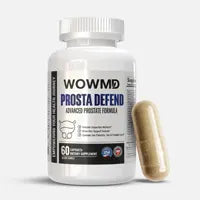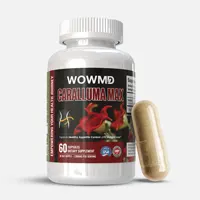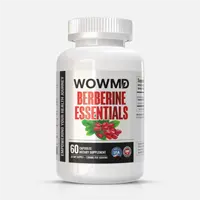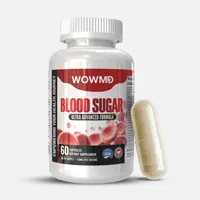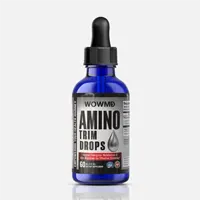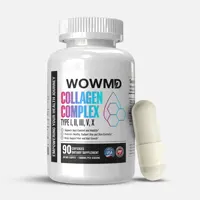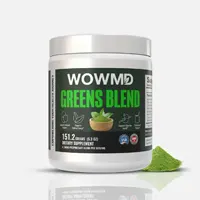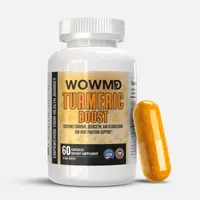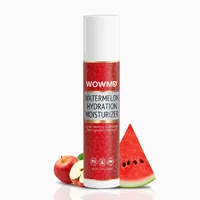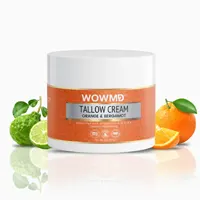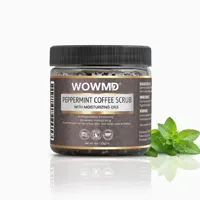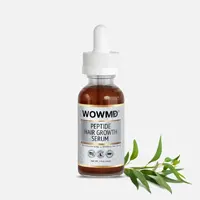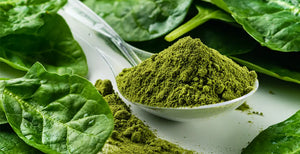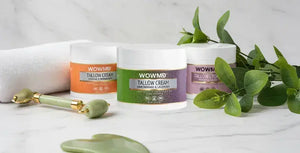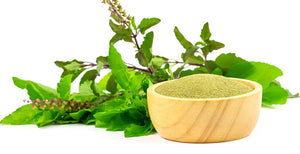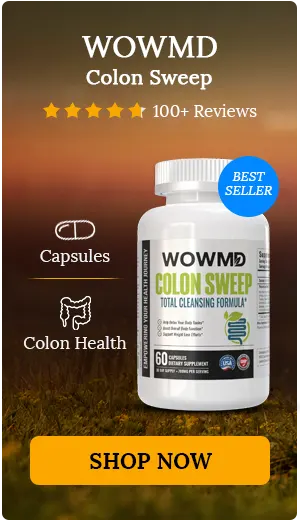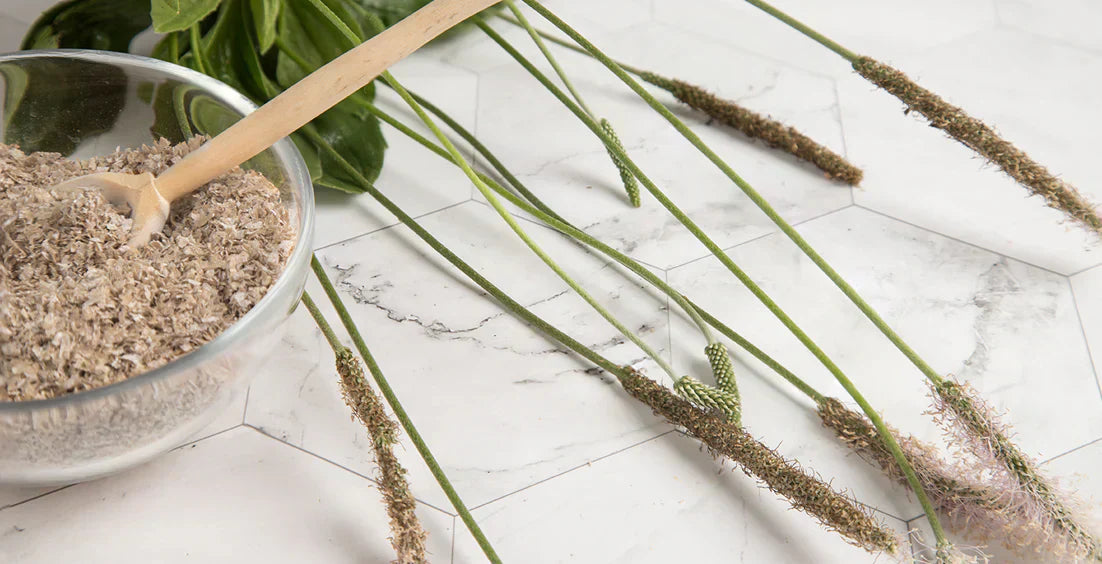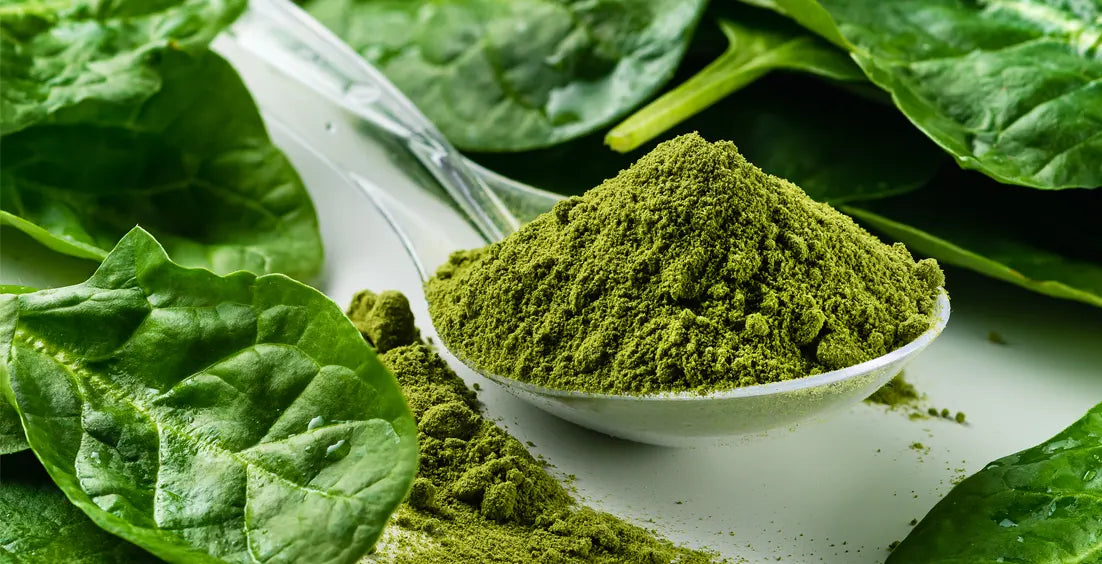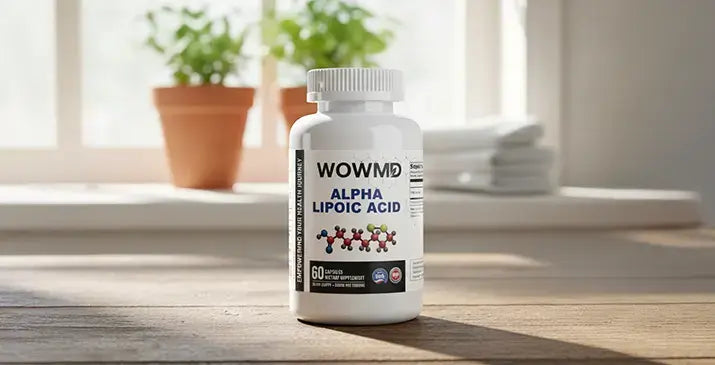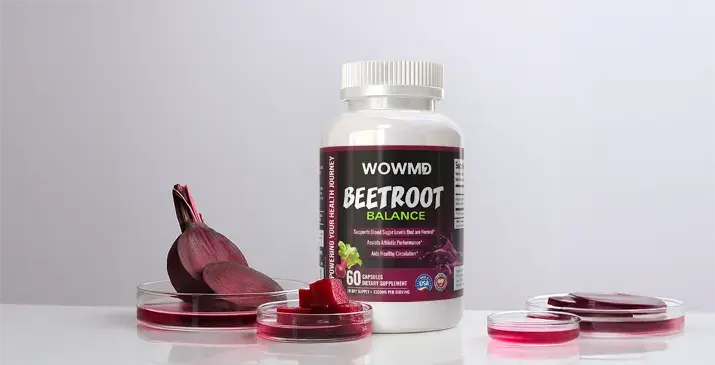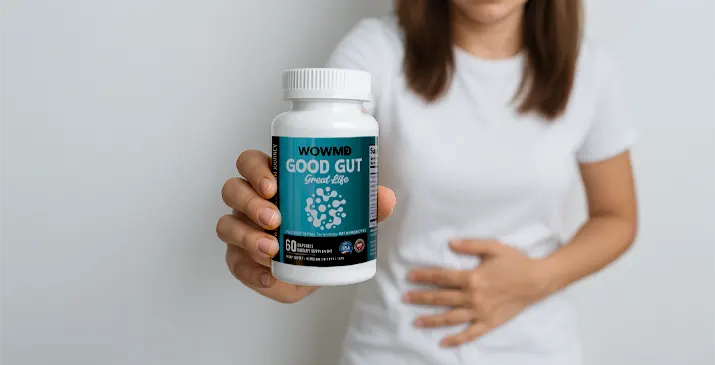What is Psyllium Husk? Health Benefits and How to Use It
What is Psyllium Husk? Learn its digestive, heart, and weight management benefits, plus how to easily incorporate this powerful fiber into your daily routine.
Advertiser Disclosure: WOWMD independently vets all recommended products. If you purchase a featured product, we may be compensated. Learn why you can trust us.
You May Also Like
Popular Stories
- Superfood Greens Powder Uses & Recipes
- The Best Beef Tallow Products for Radiant Skin: A 2026 Guide
- Holy Basil : Ayurveda’s Herb for Balance, Immunity & Everyday Calm
- Best Gel Moisturizers for Hydration & Skin Care in 2026
- 7 Best Effective Supplements for Improving Bladder and Prostate Health in 2026
- 4 Best Cooling Gels for Skin and Body: Instant Refreshment and Relief
References
WOWMD follows strict sourcing guidelines to ensure the accuracy of its content, outlined in our editorial policy. We use only trustworthy sources, including peer-reviewed studies, qualified experts, and information from top institutions.
- Plantago ovata https://en.wikipedia.org/wiki/Plantago_ovata
- Psyllium https://www.mountsinai.org/health-library/supplement/psyllium
- The Effect of Psyllium Husk on Intestinal Microbiota in Constipated Patients and Healthy Controls https://www.ncbi.nlm.nih.gov/pmc/articles/PMC6358997/
- Inflammation in Irritable Bowel Syndrome (IBS): Role of Psyllium Fiber Supplementation in Decreasing Inflammation and Physiological Management of IBS https://www.ncbi.nlm.nih.gov/pmc/articles/PMC8975494/
- Soluble fibers from psyllium improve glycemic response and body weight among diabetes type 2 patients (randomized control trial) https://www.ncbi.nlm.nih.gov/pmc/articles/PMC5062871/
- Long-term cholesterol-lowering effects of psyllium as an adjunct to diet therapy in the treatment of hypercholesterolemia https://www.sciencedirect.com/science/article/pii/S0002916523071836
- Psyllium is a natural nonfermented gel-forming fiber that is effective for weight loss: A comprehensive review and meta-analysis https://www.ncbi.nlm.nih.gov/pmc/articles/PMC10389520/
- Psyllium is a natural nonfermented gel-forming fiber that is effective for weight loss: A comprehensive review and meta-analysis https://www.ncbi.nlm.nih.gov/pmc/articles/PMC10389520/
- The Effect of Psyllium Husk on Intestinal Microbiota in Constipated Patients and Healthy Controls https://www.ncbi.nlm.nih.gov/pmc/articles/PMC6358997/
 Alpha Man Power Pack
Alpha Man Power Pack All-Day Fat Burn Trio
All-Day Fat Burn Trio Better Immunity Bundle
Better Immunity Bundle  Calm & Sleep Duo
Calm & Sleep Duo Cognitive Health & Vision Combo
Cognitive Health & Vision Combo Complete Weight Loss Bundle
Complete Weight Loss Bundle Core Vitality Trio
Core Vitality Trio Energy Booster Combo
Energy Booster Combo Focus Fuel Trio
Focus Fuel Trio Glow & Balance Duo
Glow & Balance Duo Health Balance Trio
Health Balance Trio Heart Care Bundle
Heart Care Bundle Joint Health Support Combo
Joint Health Support Combo Men's Immunity & Prostate Health Bundle
Men's Immunity & Prostate Health Bundle Metabolism Boost Duo
Metabolism Boost Duo Natural Skin Care Bundle
Natural Skin Care Bundle Peak Performance Duo
Peak Performance Duo Relax & Recharge Duo
Relax & Recharge Duo Skin Detoxification Bundle
Skin Detoxification Bundle Smart Energy Trio
Smart Energy Trio Stress + Energy + Wellness Combo
Stress + Energy + Wellness Combo  Total Burn Ignite Trio
Total Burn Ignite Trio Total Harmony Pack
Total Harmony Pack Workout Supplements Combo
Workout Supplements Combo